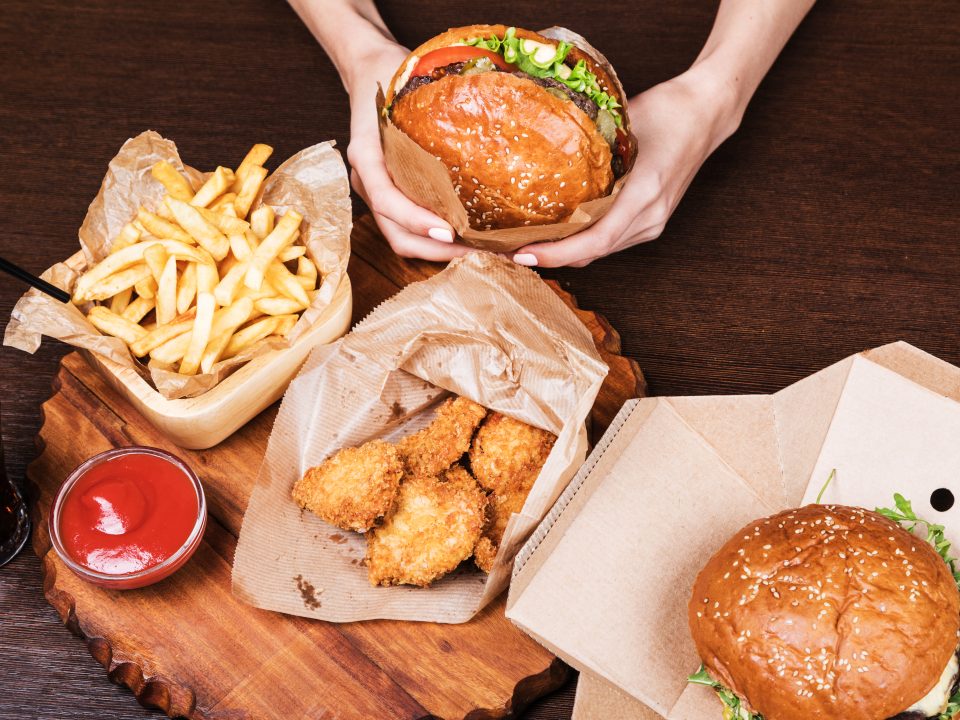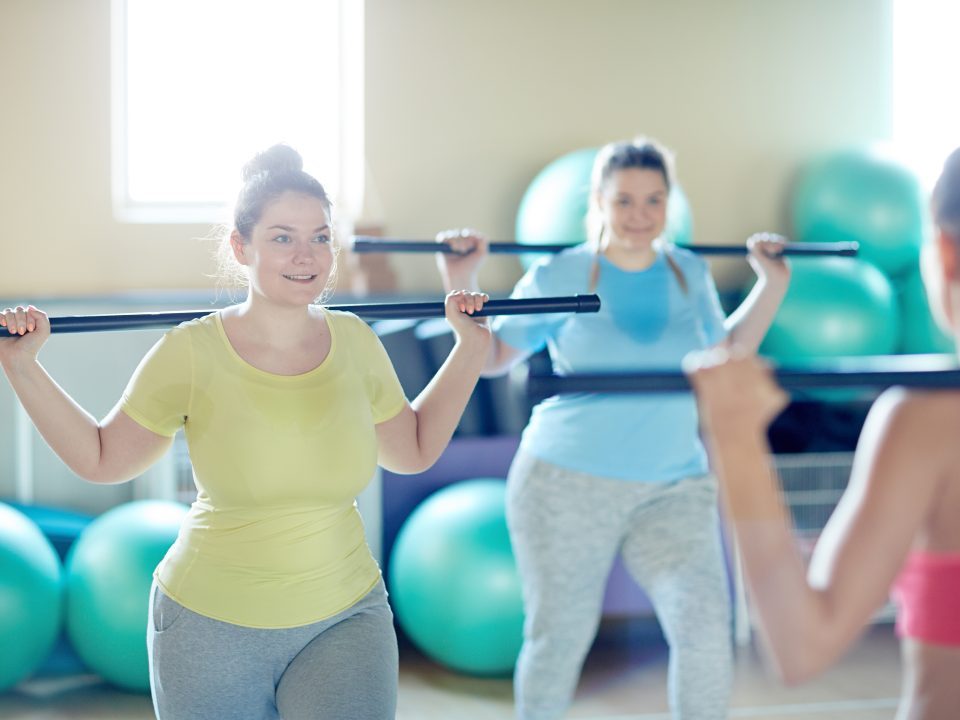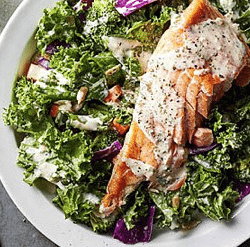Lower your Cholesterol
March 6, 2016Exercises you can do in bed.
March 7, 2016
Feeling sluggish? Low energy? Feel like your body is dealing with too much? Detox diets seem to pop up left, right, and centre, but can often involve expensive supplements or teas with strict calorie restriction than result in a lot of water weight being lost (and then regained once you stop). These sorts of quick fix diets can do more harm than good though, as yo-yo dieting can mess with your metabolism, making you more likely to gain weight. Your body is naturally very good at ridding itself of toxins, but there are some easy things you can do to cut down the workload your kidneys and liver are having to deal with, and that can help you start feeling more energized and get your body working at its peak while you lose your weight.
Drop back your caffeine.
If your intake of caffeine has crept up over time, you might consider working to drop this back, especially if you are losing weight. One reason for this is that in when your body breaks down body fat, there are toxins that are released which your body needs to eliminate. If you are also participating in exercise, this results in byproducts being released into your bloodstream. Your kidneys and liver are very good at clearing these out of your bloodstream, but we want to give your body its best chance of doing this without overloading it with extra work. Adding caffeine to this doesn’t allow your body’s natural detox processes to work as efficiently as it could, and the combination of all these is that you can feel fatigued, irritable, or just generally off. Which of course can add to the cycle of you wanting more caffeine as a pick me up. Having too much caffeine (over 400mg a day), can also result in symptoms like nervousness, anxiety, insomnia, irritability, gastrointestinal problems, and shaking.
Sources of caffeine:
– Black tea
– Coffee
– Chai teas
– Chocolate
– Cola drinks
– Energy drinks/tablets
– Some weight loss tablets
What you should know about reducing caffeine is that because it is a drug, for most people there is a withdrawal period that lasts an average of 7 days. Symptoms include headaches, irritability, lethargy, depressed mood, and inability to concentrate. If you have made the commitment to yourself to lose weight, it makes sense that you would want to be feeling energetic, and able to put in 100% effort in your training sessions. Going through a caffeine detox at the same time would not be ideal.
So what is the best way to stop caffeine? If you want to minimize withdrawal symptoms, we recommend reducing your intake gradually rather than going cold turkey. Cut down your consumption a little bit each day until you have dropped to where you want to be, and then make sure you stay really well hydrated through drinking lots of water or caffeine free herbal teas. Decaf coffee/black tea does still contain small amounts of caffeine so don’t go too overboard with these as replacements. Pain relief is an option to help with headaches as long as your doctor gives you the ok. Sleeping a few extra hours can be helpful during those first few days.
After a week of stopping altogether the majority of symptoms will be gone, but you may not be at the same energy levels as when you were a caffeine drinker. Physical activity, especially in the morning, can help give you an energy boost that lasts all day. It’s also important that you choose healthy, whole, low GI foods to help keep your blood sugars stable through the day for your best energy levels.
Reducing high sugar/fat/calorie extras
A lot of processed or snack foods contain a lot of sugar, unhealthy fats, or are a source of concentrated calories. Take a look below and think about how often you include these in your diet, and then work to minimize your intake of these. There are genuine withdrawal symptoms you can experience when you cut back on sugar consumption in particular, so again, gradual reductions is the key.
Fruit juice
Cordial
Soft drink
Flavoured milk
Iced coffee
Energy drinks
Ice cream
Ice blocks
Over 3 tsp added sugar/honey a day
Lollies
Chocolate
Sweet biscuits
Cakes
Pies/pastries
Over 1 slice cheese a day
Shapes
Chips
Fatty processed meats
Over 1 tbsp oil/butter/margarine a day
Muesli bars (over 100cal)
Sugar coated cereals
Dried fruit
Over 10-15 nuts a day
Creamy sauces
Tomato/BBQ sauces
Mayo
Cream
Over 2-3 dairy serves a day (including in tea/coffee)
Hot chocolates
Alcohol
Alcohol intake results in your liver working harder, and chronic alcohol consumption can cause liver damage, meaning it can’t process toxins as well. The short term effects of drinking alcohol mean that your liver is busy metabolizing the alcohol in your blood and can’t keep your blood sugar levels as stabilized. This can mean difficulty concentrating, food cravings, and fatigue. The current guidelines for alcohol consumption are 1 standard drink a day for a female, or 2 for a male, never more than 4 standards drinks in one sitting, and at least one alcohol free day a week. Depending on your level of tolerance, going over this can result in headaches, gastrointestinal disturbances, or indigestion, as well as sleep disturbances making you more tired. Many people find that when they stop alcohol altogether they feel more alert, energised, and have better digestion. Whether you decide to gradually cut back, or work towards cutting out alcohol altogether, you may find you feel a lot better.




